Review resources

This page hosts a non-exhaustive list of resources that may assist with understanding non-fatal strangulation. We will update the resources as the review progresses.
General information
A global campaign about preventing sexual strangulation and raising awareness of the risks.
Insight Exchange — Strangulation
Insight Exchange is an initiative of Domestic Violence Service Management, a charity directed at preventing violence and providing support to those escaping or affected by domestic and family violence.
It Left No Marks is an online learning hub created by Women's Health NSW, a peak body for many non-governmental community-based women's health centres and special purpose centres operating in New South Wales.
The University of Melbourne has been funded by the Australian Research Council to examine the non-fatal strangulation offence. This page contains a variety of publications and resources about non-fatal strangulation.
Queensland Sentencing Advisory Council — Sentencing DataHub on Section 315A
The Queensland Sentencing Advisory Council is established by legislation to research and publish information about sentencing in Queensland. Their Sentencing DataHub accesses information from the Queensland Courts Database to examine statistics about certain offences.
Training Institute on Strangulation Prevention
The Training Institute on Strangulation Prevention is a program by Alliance for HOPE International. Their aim is to raise awareness about strangulation, improve policy, improve outcomes for victims and educate professionals.
Legislation
Criminal Code Act 1899 (Qld) s 315A
Our non-fatal strangulation review is examining the criminal offence of non-fatal strangulation, contained in section 315A and inserted into the Criminal Code in 2016.
Domestic and Family Violence Protection Act 2012 (Qld) Part 2
The specific offence of non-fatal strangulation only applies in a domestic setting. This means that there is a domestic relationship or the offence is associated domestic violence.
A domestic relationship in the Criminal Code is defined as being a relevant relationship, as set out in the Domestic and Family Violence Protection Act 2012 Part 2 Div 3.
The definitions of domestic violence and associated domestic violence are set out in the Domestic and Family Violence Protection Act 2012 Part 2 Div 2.
Our terms of reference mandate that we have regard to the compatibility of our recommendations with the Human Rights Act 2019.
